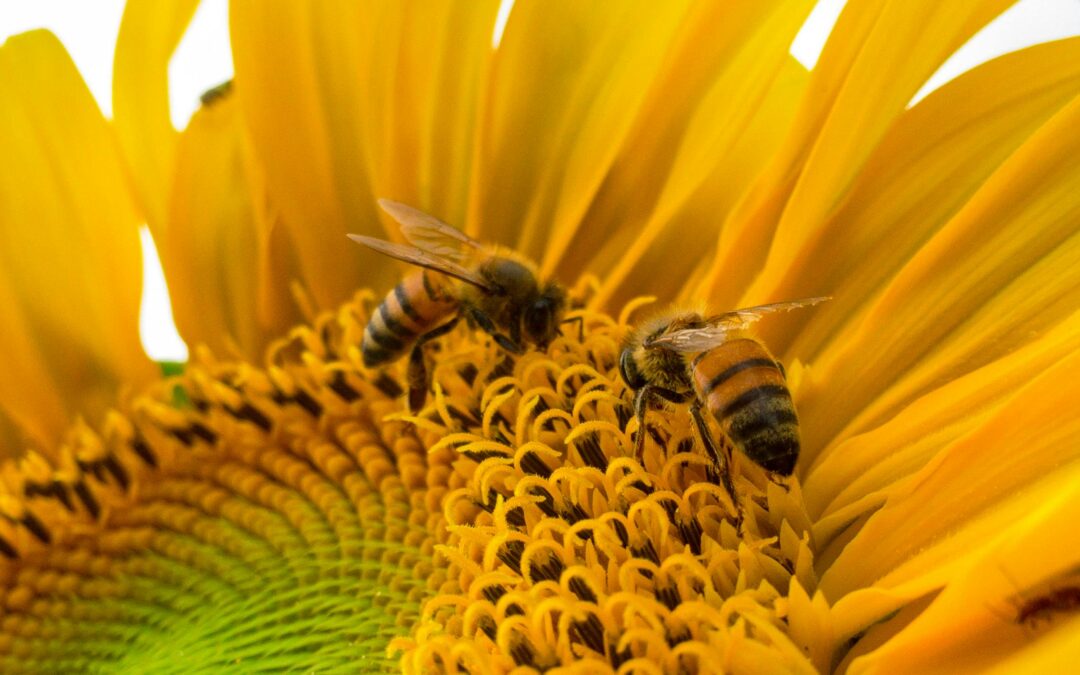When we think of heroes, we often picture people in capes or great inventions that change the world. Yet some of the most vital heroes are small, buzzing, and often unnoticed. Bees and other pollinators may not look powerful, but they are the quiet workers behind much of the food we eat, the flowers we admire, and the balance of ecosystems we depend on.
Why Bees and Pollinators Matter
Pollinators — including bees, butterflies, moths, birds, and even bats — play a crucial role in moving pollen between plants, allowing fruits, vegetables, nuts, and seeds to grow. In fact, about one-third of the food we eat exists because of pollinators. Apples, strawberries, coffee, and almonds are just a few of the crops that rely on their work. Without them, our diets would be less colorful, less nutritious, and far less diverse.
Tiny Workers with a Global Impact
It is astonishing to realize how much impact such small creatures have. A single bee may visit hundreds of flowers in one day, and a hive can pollinate millions of plants over a season. This collective effort not only sustains agriculture but also supports wild plants, ensuring that forests, meadows, and gardens thrive. Without pollinators, ecosystems would collapse, and food chains would break apart. Their work is not just important — it is indispensable.
A Growing Threat to Pollinators
Despite their importance, pollinators face serious challenges. Habitat loss, pesticide use, climate change, and diseases are causing bee populations and other pollinator species to decline at alarming rates. Fewer pollinators mean lower crop yields, higher food prices, and weaker natural ecosystems. The decline is not a distant problem — it affects all of us, from farmers to consumers.
Why Protecting Pollinators Protects Us
Protecting pollinators is not only about saving insects; it is about safeguarding our own future. By ensuring that bees and other species survive and thrive, we protect our food security, our environment, and even our economies. Pollinators are a bridge between human survival and nature’s health. Their survival is directly tied to ours, making this one of the most pressing environmental issues of our time.
What We Can Do to Help
The good news is that everyone can play a role in protecting pollinators. Small changes, when multiplied across millions of people, make a big difference. Planting pollinator-friendly flowers in gardens and balconies, avoiding harmful pesticides, and supporting local beekeepers are easy first steps. Creating green spaces in cities and protecting wild habitats in rural areas can also give pollinators safe places to thrive. Each action may feel small, but like the work of a bee, together they create something extraordinary.
A Call to See Bees Differently
Bees and pollinators remind us of a simple truth: strength does not always come in size or noise, but in persistence and cooperation. Their buzzing may seem ordinary, but it is the sound of life continuing, of food being grown, and of ecosystems staying alive. To lose them would be to lose far more than honey — it would be to lose a part of our connection to the natural world.
The next time you see a bee hovering over a flower, remember that you are looking at a tiny hero. By protecting them, we are protecting ourselves, our children, and the future of our planet.
